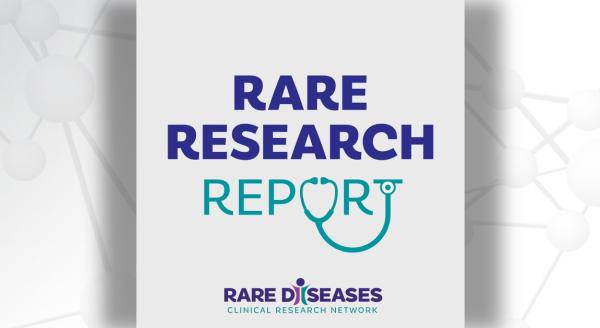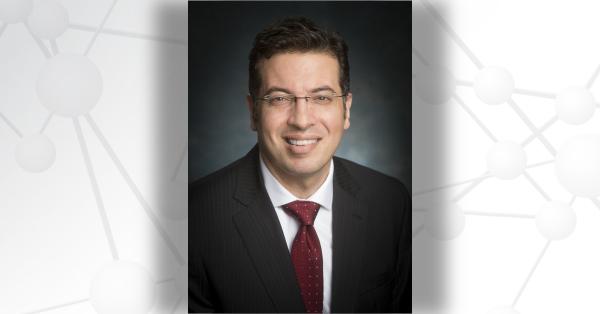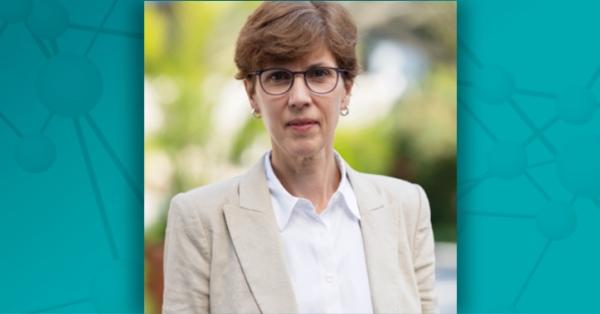
The Dystonia Coalition Career Development Award has benefited my career far beyond the scope of the small project it supported. The aim of the project was to investigate transcranial magnetic stimulation and rehabilitation in focal hand dystonia. This investigation has resulted in strong pilot data and will soon be submitted for publication. Additionally, these data will form the basis of a new NIH R01 proposal. However, these are only the most easily recognizable achievements; other significant career benefits which have resulted in growth opportunities and career advancement are also attributable to this award.
One far-reaching benefit occurred in the first year of the award as a result of a new connection within the dystonia research community. The receipt of the grant allowed me to attend the 2011 International Dystonia Symposium in Barcelona. This afforded me a unique opportunity to meet several patient advocate group representatives. Through this connection, I was introduced to a physiotherapist from Sweden with similar research interests. Ultimately, we collaborated to establish the first ever meeting focused on the role of rehabilitation in focal dystonia. This landmark meeting took place in May 2013 in Hannover, Germany, and would likely not have occurred without the forum and support the Dystonia Coalition provided. This international collaboration is in the beginning stages and will continue to benefit not only my career but also the science of rehabilitation in dystonia.
The Dystonia Coalition award has also indirectly facilitated receipt of recent NIH funding to investigate another focal dystonia using similar techniques. Though not specifically related to the Dystonia Coalition project, I am certain that the Dystonia Coalition funding bolstered my reputation as a dystonia researcher and helped strengthen my stature as a new investigator. Perhaps of greater impact is the mentorship and guidance provided by the coalition members. It was at a Dystonia Coalition meeting that I met a senior collaborator who greatly helped to advise on the funded proposal. Similarly, I am deeply grateful to others in the Dystonia Coalition for the mentorship I have received regarding future grant opportunities in my area. Indeed, the Dystonia Coalition network itself will play an important role in a new PCORI grant submission by providing the resources essential for me to perform clinical investigations in this rare disorder.
I will soon be completing my first year as a tenured, associate professor. I can state without hesitation, that the Dystonia Coalition Career Development Award and my connections to this network of investigators provided a powerful boost toward this goal. The invited lectureships, strong letters of support, and funding dollars in a hyper-competitive environment all helped me succeed. I am grateful to the Dystonia Coalition investigators and staff, and the patient advocacy groups for the framework they have provided to help a young researcher grow and find success investigating the rehabilitation of a rare condition.








